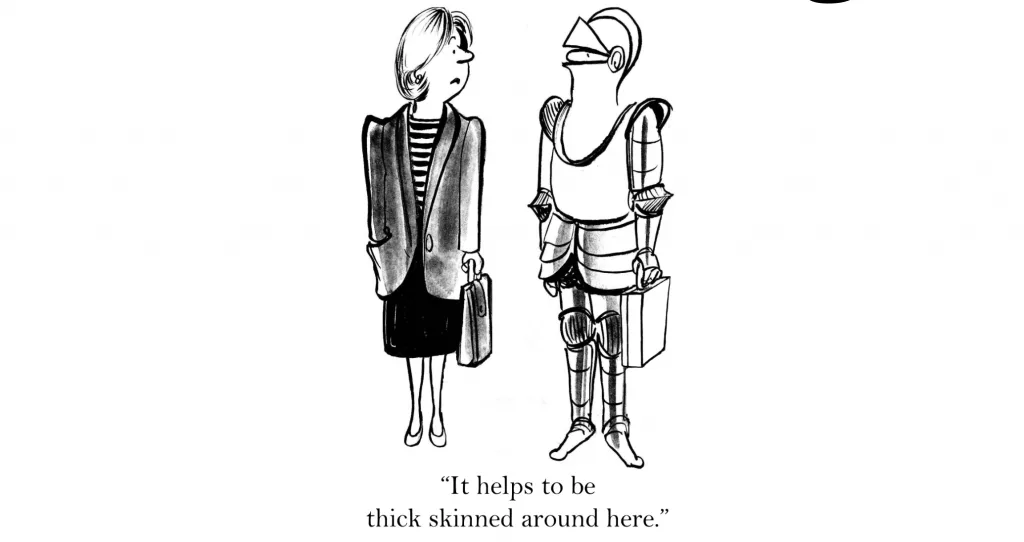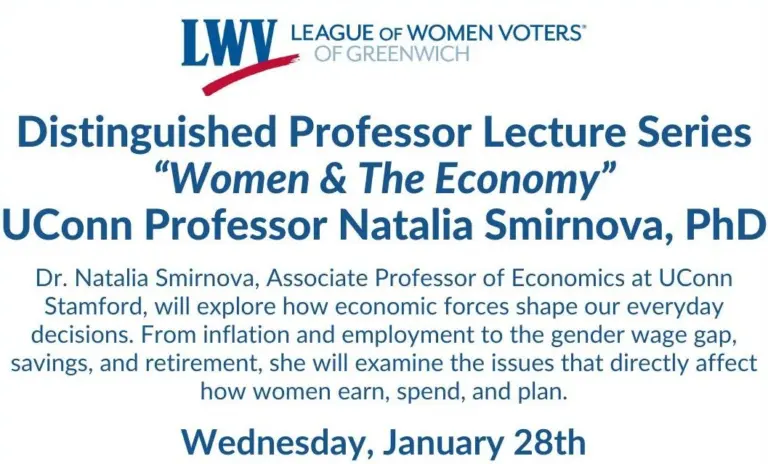
Greenwich, long synonymous with civility and public service, finds itself in the throes of something unbecoming: the degradation of political discourse into personal vendettas. This was once a town where neighbors with differing views could debate vigorously by day and still greet each other warmly at the hardware store or the diner. Today, it too often mirrors the dismal spectacle of national politics—where disagreement is not met with reasoned debate on the issues but with character assassination.
Consider the treatment of those who dare to step forward for public service. Their records, their qualifications, even their personal lives become fair game—not for scrutiny but for targeted destruction. This is no longer a simple matter of partisanship. The tribal impulse has metastasized. The usual political enforcers can now whip up a frenzy in any small faction of a party that feels momentarily aggrieved.
Tribalism is the instinct to divide into factions that demand unwavering loyalty, where any dissent is met with hostility and betrayal. It is older than Athens and more persistent than any modern ideology, and it operates with a crude efficiency. In the tribal mindset, political opponents are not merely wrong—they are illegitimate, unworthy of participation in civic life. The result is a politics of excommunication, where individuals are disqualified not by lack of merit but by affiliation.
Worse still, this behavior is amplified by those who thrive on clicks. Online forums, blogs, and social media have become vehicles for public shaming, leveraging innuendo and half-truths to stoke outrage. With a laser focus on what is negative, they turn disagreement into spectacle. This is not discourse; it is toxicity, and it belittles our community.
This is not about one group, nor is it about one election. It is about the sickness of political small-mindedness that has infected local politics. Public servants, once regarded with appreciation for their willingness to give their time and energy, now find themselves subjected to whisper campaigns, media leaks, and the unrelenting machinery of tribal scorn. These tactics serve no legitimate purpose. They do not elevate policy discussions. They do not inform voters. They do not improve governance. Instead, they corrode trust, deter good people from stepping forward, and turn public service into an exercise in self-preservation rather than community stewardship.
What Greenwich has long understood—but what some seem intent on forgetting—is that governance is not combat. It is a responsibility, shared by all who live here, regardless of political affiliation. There was a time when neighbors disagreed without seeking to ruin one another. That time must return.
There is too much to be done, too many genuine challenges that require reasoned leadership. Schools must be run well. Public safety must be upheld. Fiscal discipline must be maintained. These matters, weighty and consequential, should command our attention—not manufactured outrage over whether someone has, in the past, belonged to the opposing tribe.
Those who recognize tribal behavior in their neighbors—and in themselves—must learn to call it out, not for the sake of scoring points but for the betterment of our town. Learning to recognize and reject political tribalism is a skill we can all develop, and doing so will make Greenwich stronger.
Those who know people who engage in these destructive tactics might ask themselves: What kind of town do they wish to live in? One where no one outside their political clique is welcome to serve? One where public trust is so eroded that only the most politically calculating individuals will dare step forward?
Or do they want to live in a Greenwich where those with differing views remain, at their core, neighbors? A place where people understand that good governance is not a zero-sum game and that vilifying political opponents only ensures that fewer good people will participate at all?
The choice is clear. Either Greenwich rises above the worst instincts of modern politics and reaffirms its commitment to reasoned civic engagement, or it succumbs to the toxic gossip tendencies that have turned normal discourse into a cesspool. Those who engage in these tribal attacks may win a political battle today, but we all will lose something far greater.




